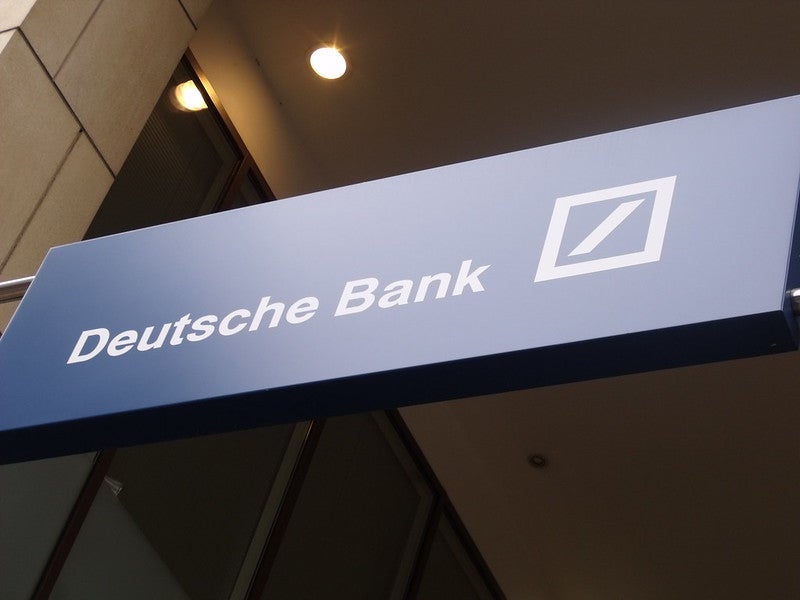Another act of the Greek tragedy ensued over the weekend as talks between the troubled country and its creditors broke down. Global stock markets slid on 29 June as Greece closed its banks and restricted ATM withdrawals to EUR60 per day. The country looks set to miss the EUR1.55bn debt repayment to the IMF tonight.
Greek Prime Minister, Alexis Tsipras, announced that the country will hold an urgent referendum on 5 July on whether to accept the terms of a bailout offered its creditors. Tsipras’ government are promoting a ‘no’ vote to acceptance of the terms. However, EU leaders have warned that a rejection of the proposals would mean Greece leaving the eurozone.
The Greek electorate are faced with a catch-22 between accepting a stringent austerity proposal from the country’s creditors or alternatively, facing no more funding from creditors. A ‘no’ vote in the referendum is likely to result in the Greek banks remaining closed and a painful exit from the Euro currency.
The situation is further fraught as Eurozone finance ministers will not extend the bailout program, set to expire on 30 June, through to next week’s referendum.
Leading experts from the private banking and wealth management industry give their comments on the predicament that Greece faces and the potential global financial consequences:
How well do you really know your competitors?
Access the most comprehensive Company Profiles on the market, powered by GlobalData. Save hours of research. Gain competitive edge.

Thank you!
Your download email will arrive shortly
Not ready to buy yet? Download a free sample
We are confident about the unique quality of our Company Profiles. However, we want you to make the most beneficial decision for your business, so we offer a free sample that you can download by submitting the below form
By GlobalDataDean Turner, Economist at UBS Wealth Management
"Our base case remains that Greece will remain in the currency union. However, the current lack of a resolution will create volatile markets.
"We believe remaining invested in Eurozone equities will prove the correct path over a six-month investment horizon, as ECB action should mitigate contagion effects to other markets or economies in case of a Grexit. The response from other central banks could also be strong. Indeed a sell-off in European equities may provide investors with a buying opportunity."
"In the days ahead market volatility is likely to be high. The bond markets, in particular corporate credit, may temporarily become less liquid in this period of high uncertainty, resulting in higher risk premiums. The euro is also likely to fall sharply against the dollar."
Turner says beyond 30 June, when the IMF debt payment is due, a major milestone will be the referendum on July 5. "Our base case is that the electorate will vote in favour of the creditors and against the Greek government. This is likely to lead to a period of confusion and questions over the credibility of the Greek government."
Nigel Green, chief executive at deVere Group
Green says the whole Greek saga has "fundamentally rocked confidence" and investors will go into speculation mode that will affect markets in the longer-term, "creating wider and perhaps increasing volatility".
"It is becoming increasingly evident that Alex Tspiras actually wants to leave the Euro. He has rejected the last-minute deal by Junker [European Commission chief] and is now on the ‘vote no’ campaign trail.
"Whilst the charismatic Tsipras, and his well-oiled PR machine, actively pushing for a ‘no’ slightly increases the likelihood of a ‘Grexit’, I am confident that the Greek people will see through his attempts at trying to mislead them and will, ultimately, vote ‘yes.’
"They are ever-more aware that without backing from international creditors, Greece will be short of euros for pensions, benefits and wages, and banks will not be able to fully operate again in euros.
"A ‘yes’ vote would almost certainly lead to new elections as Tsipras would not be in a political position to implement the reforms that would be required."
Burkhard Varnholt, CIO at Julius Baer
"While we agree with market expectations that a default of Greece on its obligations to the IMF is close to a 100% probability, we do not think that such a non-payment would cause a meltdown in bond or stock markets for three reasons.
First, such an event is being highly anticipated. Second, almost all Greek government bonds are owned by public institutions, which will neither panic nor default themselves. Third, sadly enough, Greece really does not produce more than 2% of European gross domestic product and will thus not become a ‘Lehman moment’.
"It must be remembered that a Grexit would be far too calamitous and risky for all involved parties; the European authorities are both prepared and equipped to preserve the integrity of the eurozone; unless there is a unilateral exit from the EU, there is no legal basis to expel a member from the currency union.
"Thus, we would view market movements pricing in a breakup of the currency union as a mispricing that would create new investment opportunities."
Salman Ahmed, global strategist and portfolio manager at Lombard Odier
"In essence, the current situation is more about political credibility of the eurozone rather than direct financial implications of a Greek default. The ECB is already engaged in a QE programme and has at its disposal the OMT tool (recently green-lighted by the European Court of Justice), which has been designed specifically for this kind of situation."
Adam Chester, Head of Economic Research & Market Strategy at Lloyds Bank
"The uncertainty surrounding Greece suggests that currency volatility is likely to remain high as European markets open the week lower on news of Greek capital controls and the announcement by the Greek government of a 5 July referendum.
"The heightened possibility of ‘Grexit’ leaves the risks to the euro biased to the downside. If Greece were to withdraw from the single currency, the potential contagion and jump in euro area risk premia could see the euro drop sharply against both the US dollar and the UK pound."







